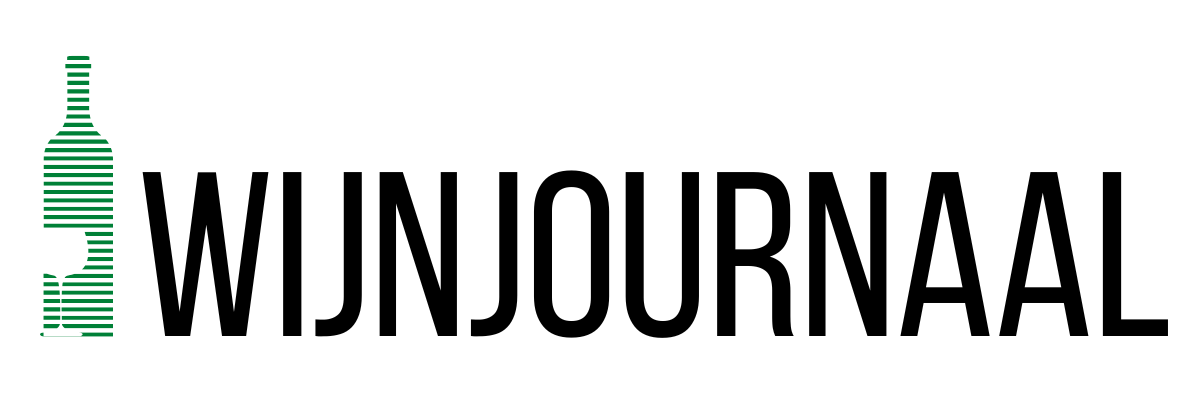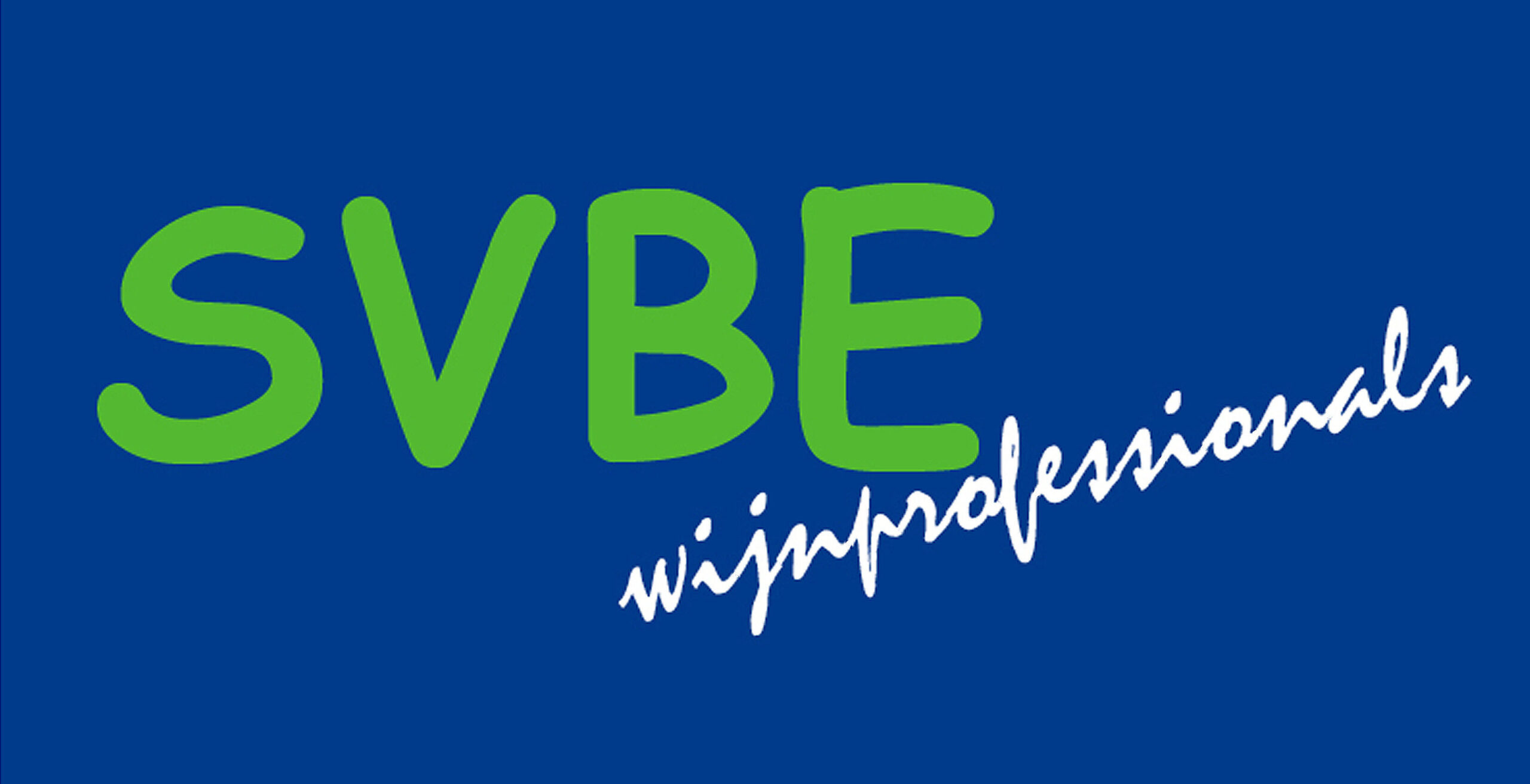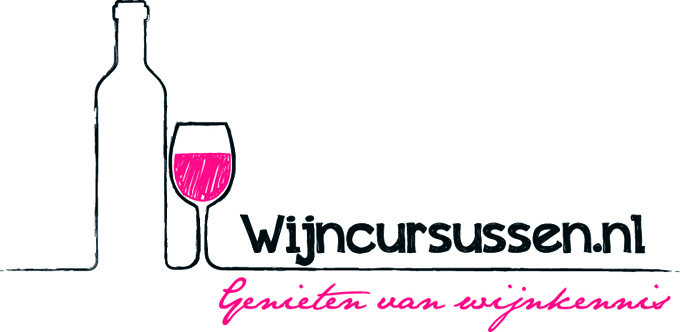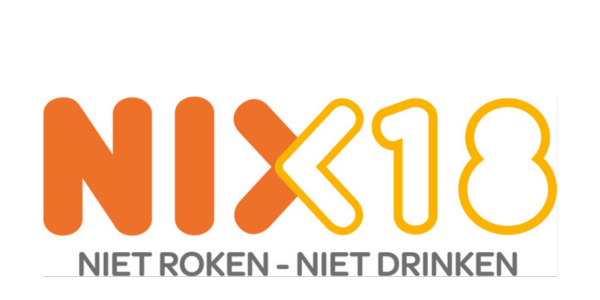
Barberino Tavarnelle, February 27, 2019 – Despite the difficulties caused by the 2017 harvest (a 27% reduction in quantities compared to average annual production) 2018 shows a positive balance for Gallo Nero wines. In the face of a slight reduction in product branding, a drop that comes after eight years of uninterrupted growth in sales and can be attributed both to lower production quantities in 2017 and in part to an increase in the price of unbottled wine, the global value of the designation shows an increase.
The first indication comes from the increase in price of the DOCG wines that were sold in bulk, which determined an increase in value for the appellation (+35%), offering greater profit potential also to estates who do not bottle their wines. Bottled wines, moreover, confirm an upwards trend – both in volume sold and value – of “premium” Chianti Classico wines, Riserva and Gran Selezione. In 2018 these two types jointly accounted for 37% of production and 52% of the turnover.
Ninety-five years after it was created, the members of the Consorzio Vino Chianti Classico, the first wine producers’ association in Italy, have risen to 510, 351 of which are estates presenting their own labels on the market.
Today the Chianti Classico area can rightly be defined as a true “productive district” counting on numbers worthy of a large company, and a global turnover estimated at over 800 million euro, bottled wine production values of about 400 million euro and, last, olive oil production equal to 10 million euro.
This is a summary of the economic overview of Chianti Classico, one of Tuscany’s – and Italy’s – leading winemaking zones, which will be present at Pro-Wein over the next few days, with 45 estates present at the Consorzio’s own 273m² stand (Hall 16 H50).
“We have said goodbye to a very intense year, full of success and good results for our appellation” confirms Chairman of the Consortium, Giovanni Manetti. “But there is still much that can and must be done, and one of my top priorities during my term as Chairman is to further promote the designation and contribute towards consolidating its value and image among the world’s finest wines.”
Chianti Classico is an area that can rightly be considered as one of the most representative in the world of man’s ability to shape the environment while guaranteeing reproduction of the landscape’s resources, economic activity and conservation of its historical and architectural heritage.
This ability is probably the most important cultural feature of Chianti people and has enabled them to hand down from generation to generation a substantially unspoilt heritage thanks to their main economic activity. Without our wine – and the efforts of wine producers – it would not be possible to care for and maintain the land. And without our wine, the image of Chianti would never have had the success which has made it one of Europe’s most desirable tourist destinations.
Participating wine estates:
Badia a Coltibuono, Bibbiano, Bindi Sergardi, Borgo La Stella, Brancaia, Cafaggio, Cantalici, Casale dello Sparviero, Castellare di Castellina, Castelli del Grevepesa, Castello di Monsanto, Castello di Verrazzano, Castello di Volpaia, Castello Vicchiomaggio, Cinciano, Conti Capponi – Villa Calcinaia, Famiglia Nunzi Conti, Fattoria Cerbaia, Fattoria di Ruppiano, Fèlsina, Fontodi, La Sala, Le Filigare, Le Regge, Lornano, Losi Querciavalle, Luiano, Nittardi, Orsumella, Piemaggio, Podere Lecci e Brocchi, Querciabella, Renzo Marinai, Riecine, Ruffino, Tenuta Cappellina, Tenuta Carobbio, Tenuta Casenuove, Terrabianca, Torraccia di Presura, Vecchie Terre di Montefili, Villa Mangiacane, Villa Montepaldi, Villa Trasqua, Viticcio.
Please come and visit us at Hall 16 H50!









